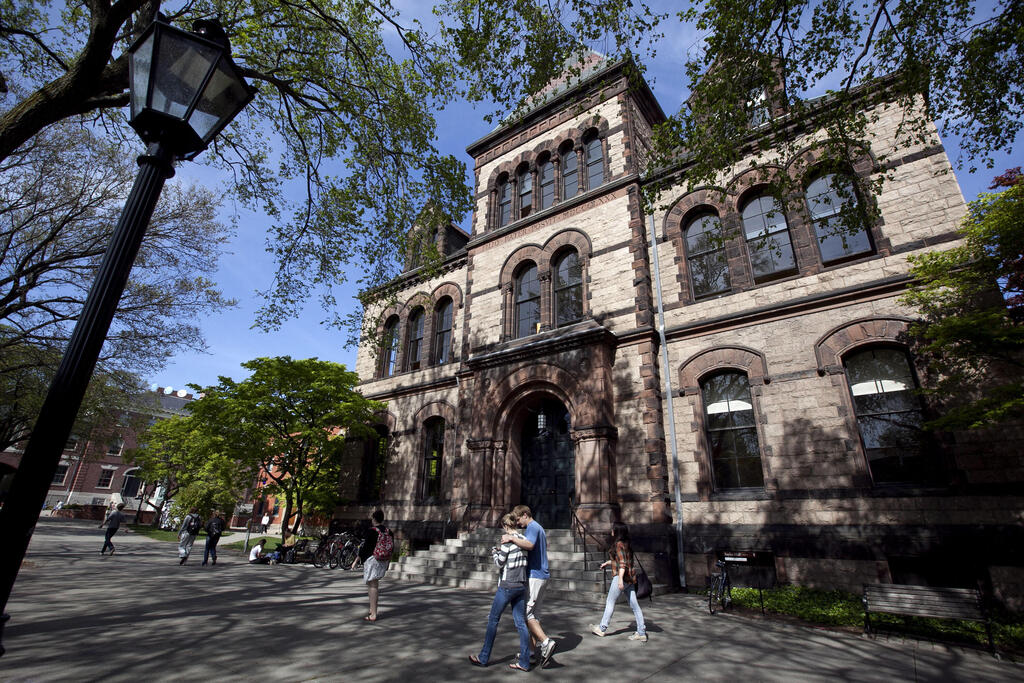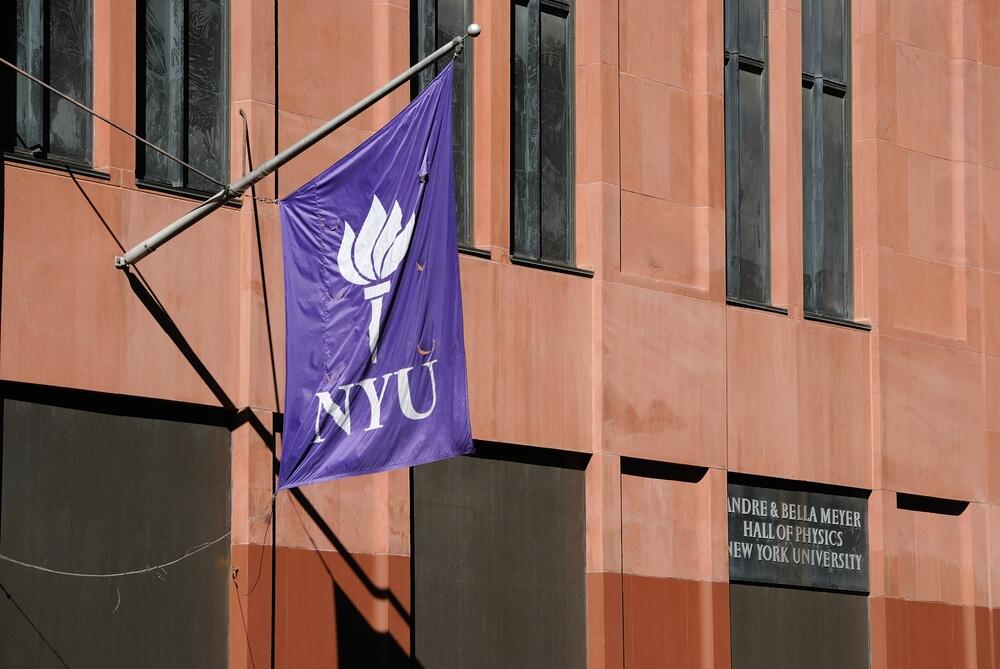The conclusions of a U.S. Department of Education investigation into Brown University have revealed significant shortcomings in how the Ivy League institution addressed reports of antisemitic harassment on its campus.
Brown, one of the first epicenters of pro-Palestinian protests on U.S. campuses following the October 7 massacre, received around 75 reports of antisemitic, anti-Palestinian, and anti-Muslim incidents between October and March but took "no or little action in response," according to the department.
The Department of Education's final report released on Monday cited numerous incidents, including accusations that students targeted a Jewish classmate wearing a Star of David necklace, shouting "Zionist pig Jew," and that death threats were made against Jewish students on social media. Despite acknowledging these reports, Brown University did little more than confirm receipt and list support resources, failing to take substantial measures to address the harassment.
3 View gallery


Sayles Hall on the campus of Brown University, in Providence, R.I
(Photo: Steven Senne/AP/ File)
As part of a settlement with the Department of Education, Brown has committed to revising its policies on discrimination and harassment, including how it manages campus protests. The university will also implement new anti-discrimination training for its staff.
Assistant Secretary for Civil Rights Catherine Lhamon commended Brown for its steps to assess campus climate and undertake reforms, but noted concerns about the university's previous practices, particularly its tendency to stop investigating complaints if the complainant ceased responding to emails.
Also on Monday, New York University (NYU) reached a confidential settlement with Jewish and Israeli students who sued the institution over alleged antisemitic discrimination following the October 7 events. The lawsuit, filed in November by students Bella Ingber, Sabrina Maslavi and Saul Tawil, accused NYU of failing to address chants such as "gas the Jews" and "Hitler was right" and claimed the university's administration ignored or downplayed their complaints.
NYU had sought to dismiss the case, arguing that it had taken significant steps to address the issue, including adopting a "10 Point Plan" to enhance on-campus security and disciplining violators of its anti-discrimination policies.
The settlement with NYU, the details of which remain confidential, resolves one of the earliest lawsuits among many filed against major universities, including Harvard, MIT and the University of California, Berkeley, accusing them of failing to stop or even encouraging antisemitism after the start of the Iron Swords war on October 7.




